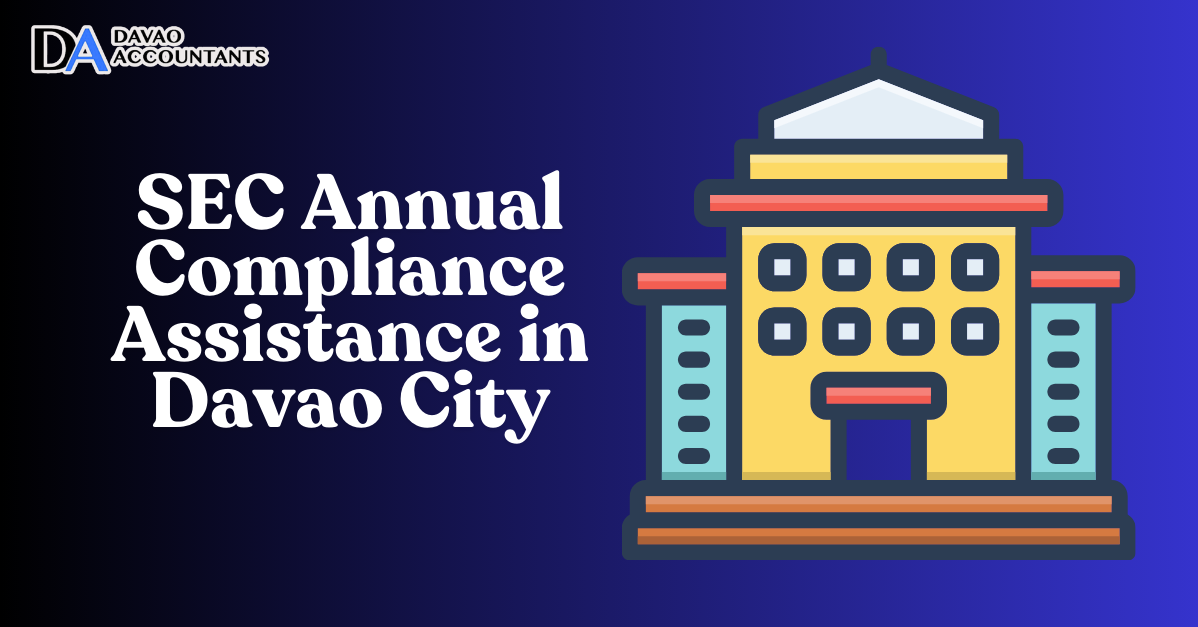Every employer and company in the Philippines must register their new employees. These individuals must be registered with the following government agencies:
- Bureau of Internal Revenue
- Social Security System (SSS);
- Home Mutual Development Fund (HMDF) or the Pag-IBIG Fund; and
- Philippine Health Insurance Corporation (PHIC) or PhilHealth.
Once hired, they must also update their employment status at these government agencies.
Under the Labor Code in the Philippines, employers are mandated to share the monthly contribution of their employees for the different government-mandated benefits. Employers must also file and pay employees’ taxes under the substituted filing scheme.
Compliance with these agencies adds to the burden of the bi-monthly payroll run by many businesses.
To explain this process, here is a simple guide for employers on how to easily register their new employees with the following government agencies:
Table of Contents
ToggleRegistration with the Bureau of Internal Revenue (BIR) for New Employee
Request that your employees without a tax identification number (TIN) complete BIR Form 1902 and submit it to the Revenue District Office (RDO) where your business is registered.
In addition to their application for a TIN, individuals must supply photocopies of the following documents:
- Birth certificate or other acceptable ID with the applicant’s full name, date of birth, address, and signature
- If relevant, birth certificates of dependents
- Marriage certificate (for married applicants)
- Company ID or employment certificate, if available
For new workers with an existing TIN, submitting BIR form 2305 to the same RDO to update the BIR of their new employer is required if their previous employer was located within the same RDO. Suppose the employee’s former employer is situated in a different RDO. In that case, they must file Form 1905 with the RDO of their former employer.
Also, suppose you are registered online as an employer in the BIR eREG and are an active Withholding Tax Agent for Compensation Earners. In that case, you may issue TINs to your workers using the eTIN module.
Registration with SSS for new employees
According to Republic Act No. 8282, all private-sector workers must apply for SSS membership. This system protects private workers and their families against illness, disability, old age, death, and other circumstances that might render them unable to continue working. The Government Service Insurance System (GSIS) is its counterpart in the Philippines for government employees.
This law requires employers to deduct 30% of the employee’s monthly salary and provide a 70% subsidy. In times of need, the employer can provide monetary assistance to a member.
It can be done through the contributions made to the SSS. Some situations that affect a member’s financial situation include sickness and hospitalization, retirement, and death.
Suppose an employee has not been registered with the SSS. In that case, their new employer should require them to get an SSS number at the branch where the employer was registered. On the other hand, existing SSS members will have to submit their SSS numbers to their employers.
Your new employees can obtain their SSS numbers by visiting the SSS website. You can also complete the SSS Form RA1 online.
Registration with PhilHealth for new employees
According to Republic Act No. 7875, all public and private workers in the Philippines are required to register for membership and pay monthly premiums to the Philippine Health Insurance Corporation (PHIC), more often known as PhilHealth.
The monthly payments are deducted from the employees’ monthly wages or salaries, with the employee contributing 50% and the employer contributing the remaining 50%.
PhilHealth offers its members health and hospitalization subsidies if they or their dependents are hospitalized. It also provides workers with a reasonable way to pay for decent medical care in the Philippines.
New employees must complete the PhilHealth Member Registration Form (PMRF) whether or not they are already PhilHealth members. Existing members must provide their PhilHealth identification number.
The employer must submit the form to the PhilHealth office where the registered business is located. Employers are also obliged to file Form ER2 with PhilHealth. This document will be filed with the PhilHealth branch where the employer is registered, together with the list of new employees.
Registration with HDMF or Pag-IBIG for new employees
Employers must contribute to the Pag-IBIG Fund on behalf of their workers under Republic Act No. 7835. The Pag-IBIG Fund is an initiative that offers its members the market’s lowest interest rates on housing and land purchase loans. These loans have terms of up to thirty years.
To become members of the Pag-IBIG Fund, new employees must complete the HDMF Online Membership Registration. They can register as Pag-IBIG members using the website or by completing a member’s data form.
The form must be manually submitted to the nearest or desired Pag-IBIG branch.
Add the names and other information on the Membership Savings Remittance Form (MSRF) when completing the next monthly HDMF contribution. Under the Remarks column, provide N and the hiring date (in MM/DD/YYYY format) for each new employee (for example, N: 2/28/2022).
Please be advised that employees must enroll with the SSS before registering with the Pag-IBIG Fund.
Takeaway
As an employer, you must ensure that your newly-hired workers are registered with the relevant government agencies to comply with labor laws. Failure to do so could result in penalties and the revocation of your business licenses.
Getting an employee registration can be a time-consuming and hectic process. To avoid getting stuck in the middle, you must contact recruitment and talent services to help you navigate the registration process.
Aside from registering new employees, it’s also essential that you keep track of the details of all your previous employees. Doing so will prevent you from getting penalized by the government agencies for not reporting the details of your resigned, terminated, or deceased employees.
Our comprehensive services will help you get started and manage your business efficiently. Contact us for more information.











